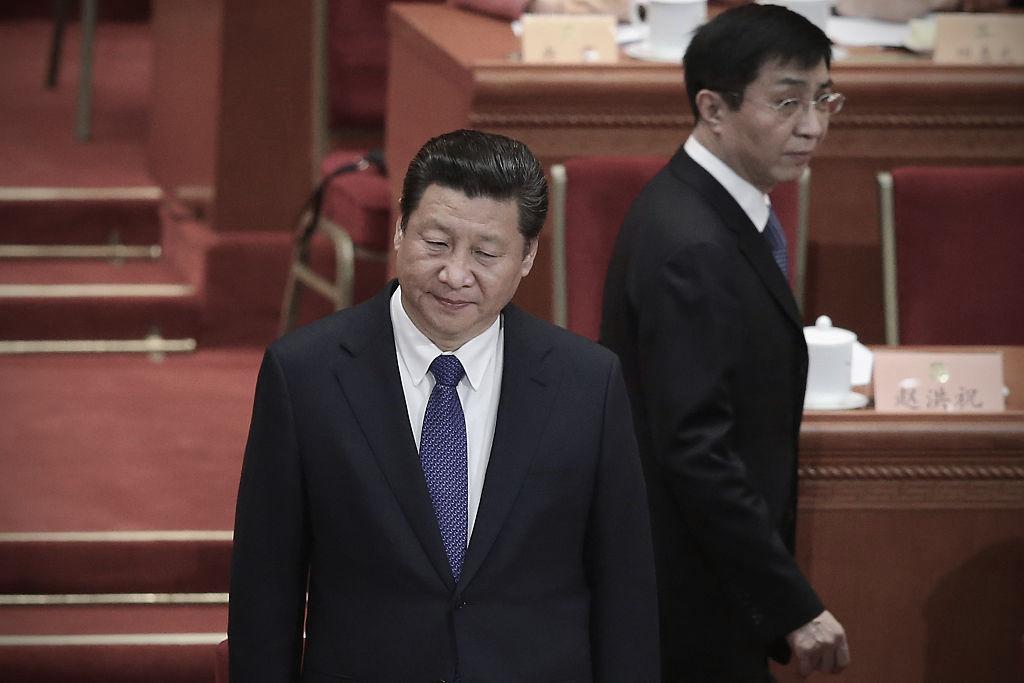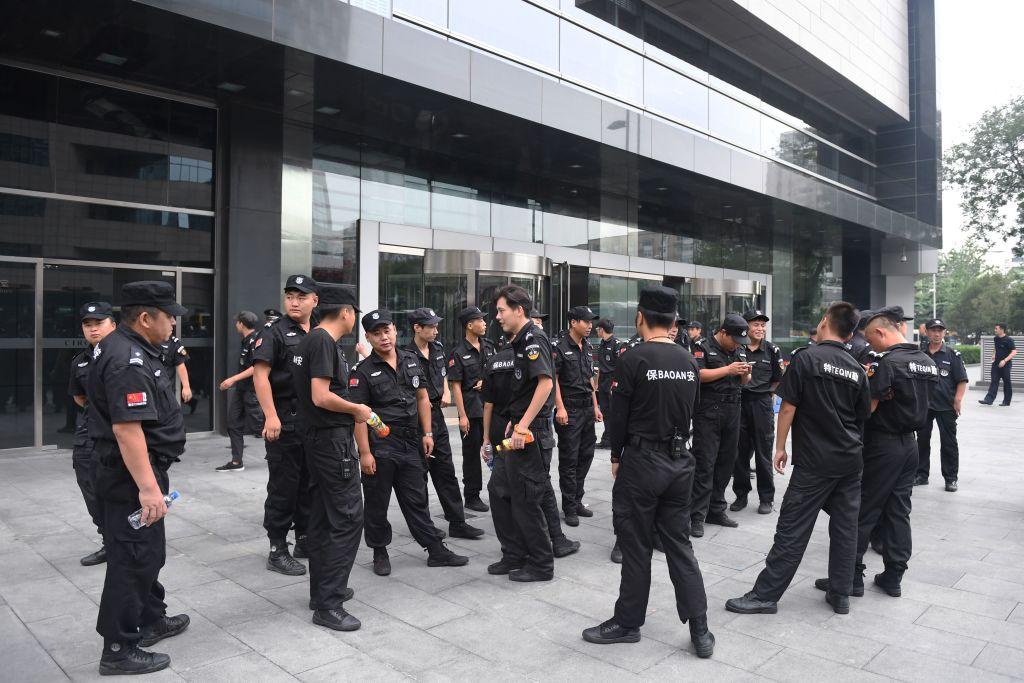WASHINGTON—After a sharp exchange of words between Vice President Mike Pence and Chinese leader Xi Jinping at the recent APEC summit, experts have doubts about what can be achieved at the upcoming Group of 20 meeting between President Donald Trump and Xi, or that the U.S.–Sino trade war will end any time soon.
Patrick Cronin, director of the Asia-Pacific Security Program at the Center for a New American Security, told The Epoch Times that the Asia-Pacific Economic Cooperation summit was likely a ripe opportunity to put forth a strong image.




